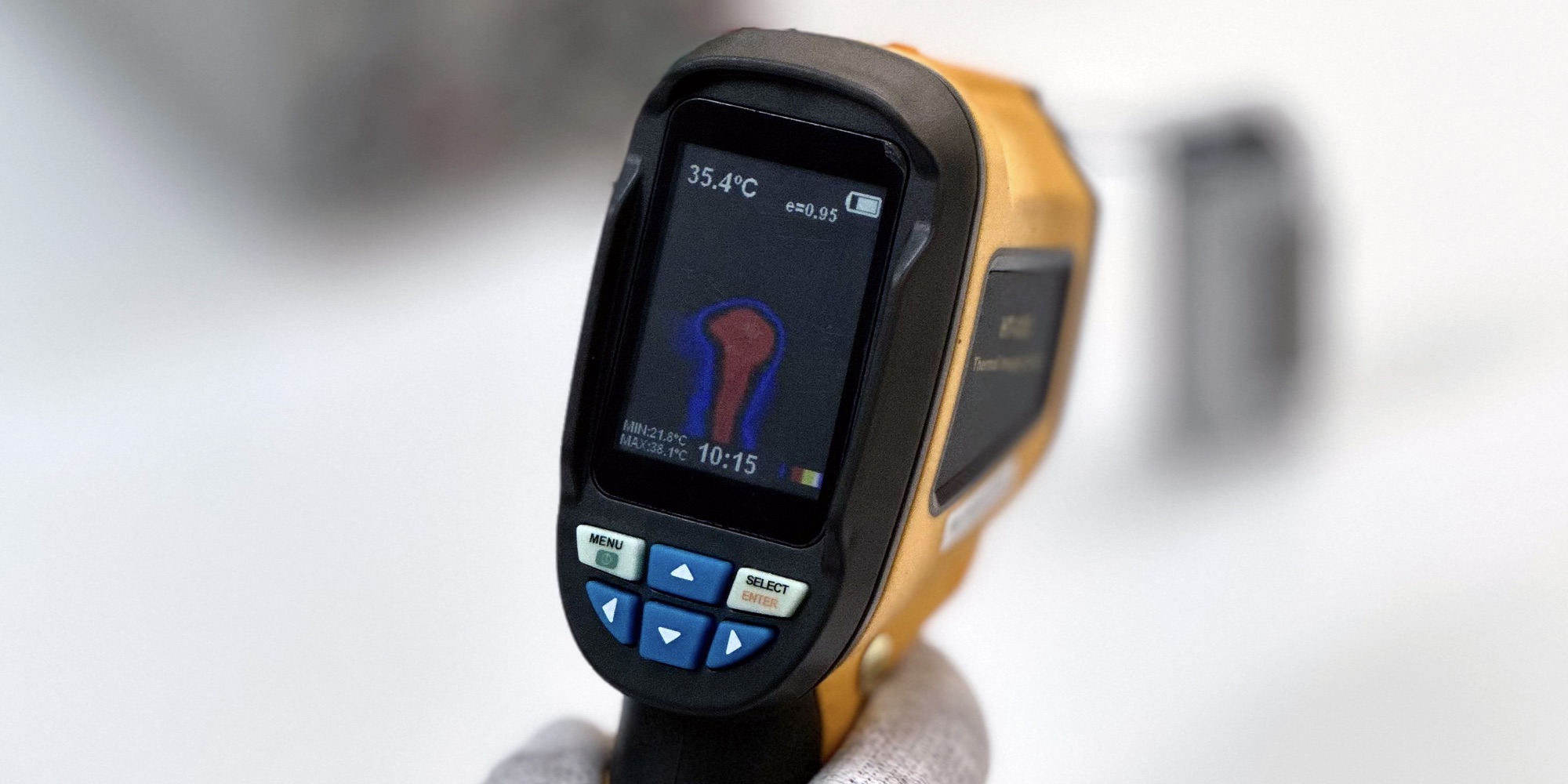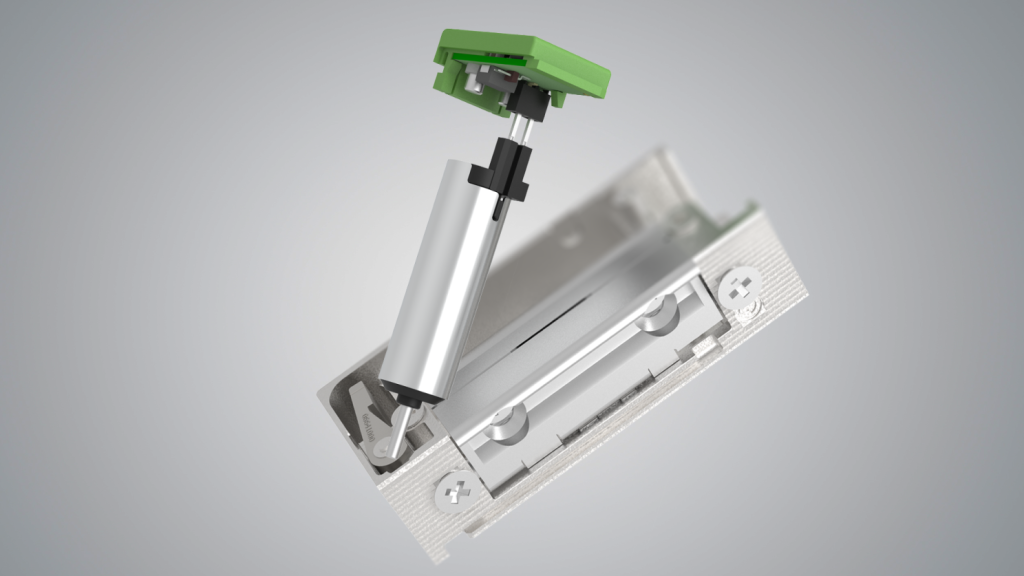
Did you know that the relationship between temperature and the performance of electric strikes is fundamental to their proper operation? This is because temperature directly affects the solenoid, which plays a key role in the operation of electric strikes.
The heart of every electric strike or electronic is the solenoid. A solenoid or coil is a conductive metal wire coated and wound on a cylinder. When activated by an electric current, it generates a magnetic field that moves a mechanical part (such as a latch) to open or close the strike.
electric strikes can operate with alternating current (AC or AC) or direct current (DC or DC).
Alternating current is characterized by maintaining a cyclic flow and its magnitude and direction fluctuate at regular intervals. The main advantage is that it loses less energy than direct current when transported over long distances and can be easily converted to direct current.
Direct current is characterized by maintaining a stable flow in a single direction. The main advantage is that it needs less insulation, it is safer than alternating current, it can be stored in batteries and lower voltages are obtained. DC models of electric strikes are ideal for systems that need to be permanently connected, but offer low precharge opening capacity.
The solenoid is also responsible for managing the lock release power, and in models that operate with continuous DC connection, the temperature can increase considerably, reaching 50º in some cases.

The solenoid is the heart of every lock and temperature directly affects its operation.
Controlled temperature
As a result of our R+D+I work, at Openers & Closers we are pioneers in incorporating a microprocessor to our electronic electric strikes that adapts to any voltage, thus solving any problem derived from excess temperature.
8-30V AC/DC ED100% ED100% 8-30V AC/DC ED100% 8-30V AC/DC ED100
Electronicelectric strikes offer a much higher operating voltage range than conventional electric electric strikes . They are models that can be permanently connected to either alternating or direct current.
Thanks to the microprocessor, we are able to keep the temperature stable, preventing it from exceeding 40°C in direct current ED100%. This ensures that the solenoid operates within a suitable thermal range.
Among the main advantages of this temperature control system we highlight:-
At Openers & Closers, we combine innovation and technology to ensure the most efficient, safe and durable electric strikes
Do not hesitate to contact us if you want to know more about the advantages of our products.
Openers & Closers, opening doors to innovation.